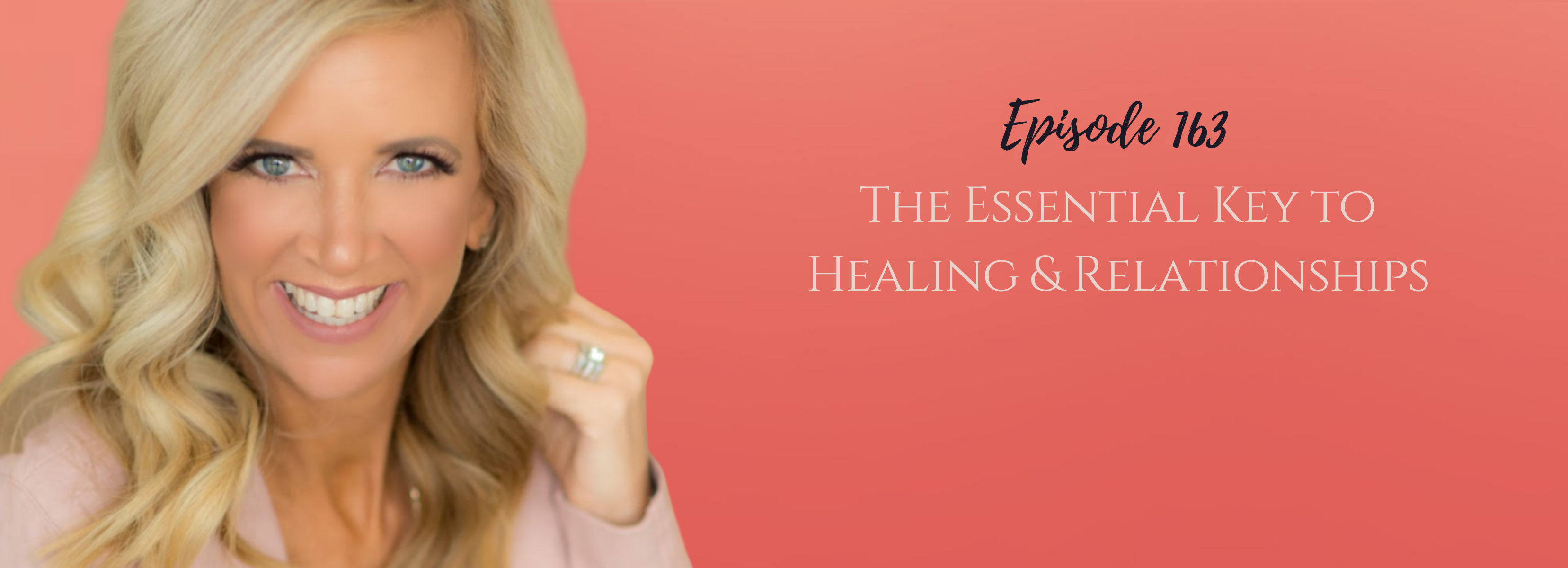
The Essential Key To Healing and Relationships| 6.1.2022
In this episode, Kristen helps you understand the parts of yourself and how you can work through them so you can have a healthy relationship with yourself and others.
You'll Learn
- The three parts of yourself
- How do you become more self-aware
- The five losing strategies of adaptive self
- How to heal the parts of yourself
Resources
The Healing Power of Inner Child Work
For counseling services near Indianapolis, IN, visit www.pathwaystohealingcounseling.com.
Subscribe and Get a free 5-day journal at www.kristendboice.com/freeresources to begin closing the chapter on what doesn’t serve you and open the door to the real you.
Subscribe to the Close the Chapter YouTube Channel
This information is being provided to you for educational and informational purposes only. It is being provided to you to educate you about ideas on stress management and as a self-help tool for your own use. It is not psychotherapy/counseling in any form.